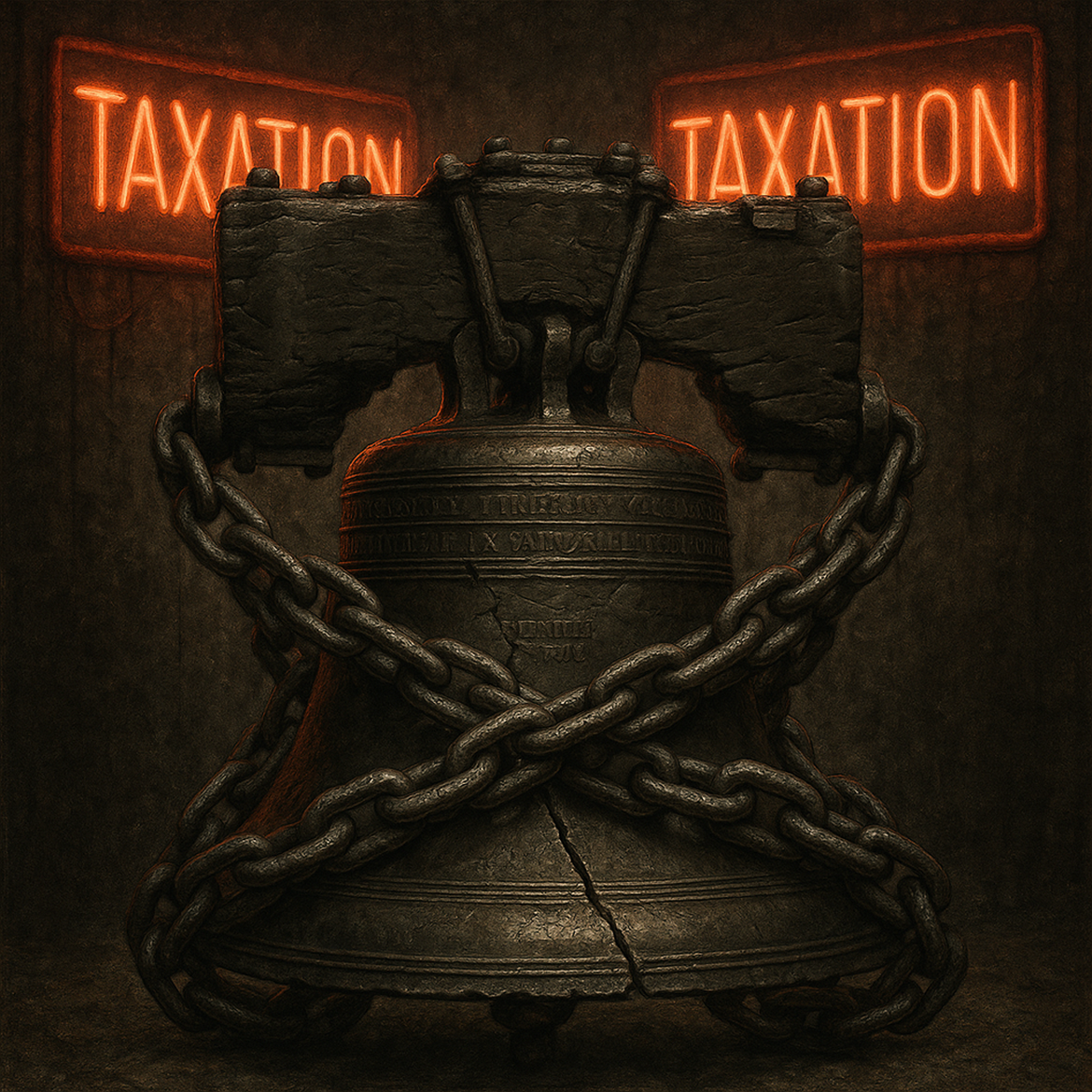For years, the phrase “America First” has been twisted into something it’s not. Critics call it isolationism, a retreat from the world, or even selfish. But that’s missing the point entirely. America First isn’t about hiding from global problems—it’s about fixing our own house before trying to fix everyone else’s.
Think of it like this: If your neighbor’s roof is leaking, but yours is caving in, which one do you fix first? Common sense says you take care of your own home. That doesn’t mean you ignore your neighbor forever. It just means you prioritize.
Why Globalism Has Failed the Average American
For decades, U.S. leaders pushed policies that sent jobs overseas, opened borders without securing them, and spent trillions on foreign wars while our roads, schools, and factories crumbled. The result? A shrinking middle class, rising debt, and cities struggling with crime and drugs.
Meanwhile, other countries took advantage of our generosity. They relied on our military for protection, undercut our workers with cheap labor, and laughed as we played world police. The truth is, no other nation puts everyone else’s interests ahead of their own. Why should we?
Trade Deals That Work for Us, Not Against Us
Trade isn’t the problem—bad deals are. For years, agreements were signed that helped corporations but hurt American workers. Factories closed. Wages stagnated. Entire towns were left with nothing.
America First means renegotiating these deals so they benefit our workers, not just Wall Street. It means tariffs on countries that cheat, bringing manufacturing back, and making sure our farmers and small businesses can compete. Other nations protect their industries. Why shouldn’t we?
A Strong Military Doesn’t Mean Endless Wars
Having the world’s strongest military doesn’t mean we should fight every conflict. Too many young Americans have died in wars with no clear goal, no exit plan, and no real benefit to our country.
America First means using our power wisely. It means no more nation-building in places that don’t want it. It means forcing allies to pay their fair share for defense instead of relying on us. And it means focusing on real threats, not wasting resources on fights that don’t serve our interests.
Borders Matter—Every Successful Country Knows This
Ask yourself: Can a country exist without borders? Can it protect its people, its culture, or its economy if it doesn’t control who enters? Every nation on earth manages immigration—except, it seems, the U.S.
America First isn’t about hating outsiders. It’s about making sure those who come here do so legally, contribute to society, and don’t strain our resources. It’s about stopping the flow of drugs, criminals, and unchecked entries that overwhelm our cities. Even the most pro-immigration countries have rules. Why shouldn’t we enforce ours?
Energy Independence Is National Security
Remember when gas prices skyrocketed because of conflicts overseas? When foreign nations held our economy hostage by controlling oil supplies? America First means tapping into our own resources—oil, gas, clean energy—so we’re never at the mercy of dictators or unstable regions again.
We have more energy than we need. Using it doesn’t just lower prices—it creates jobs, boosts manufacturing, and keeps our money in our economy instead of funding regimes that hate us.
The Media’s Fear Tactics
Any time someone suggests putting America first, the media screams “isolationism” or “extremism.” But what’s extreme about wanting safe streets, good jobs, and a country that works for its own people?
The truth is, the elites benefit from the status quo. Politicians get donations from global corporations. Media companies thrive on division. And the wealthy will always have options, no matter how bad things get for everyone else.
America First isn’t radical. It’s the opposite—it’s returning to the basics. It’s the idea that a government’s first duty is to its own citizens.
What Happens If We Don’t Put America First?
Look around. Inflation. Crime. Broken supply chains. A border in chaos. These aren’t accidents—they’re the result of decades of putting global interests ahead of our own.
If we keep going this way, the middle class will disappear. Our kids will inherit a weaker country. And the world, instead of respecting us, will see us as a fading power that forgot how to take care of itself.
The Bottom Line
America First isn’t about turning inward forever. It’s about getting strong at home so we can engage with the world from a position of strength, not desperation. It’s about making sure that when we help others, it’s because we choose to—not because we have to.
This isn’t isolationism. It’s common sense. And any country that forgets to put its own people first won’t stay strong for long.




